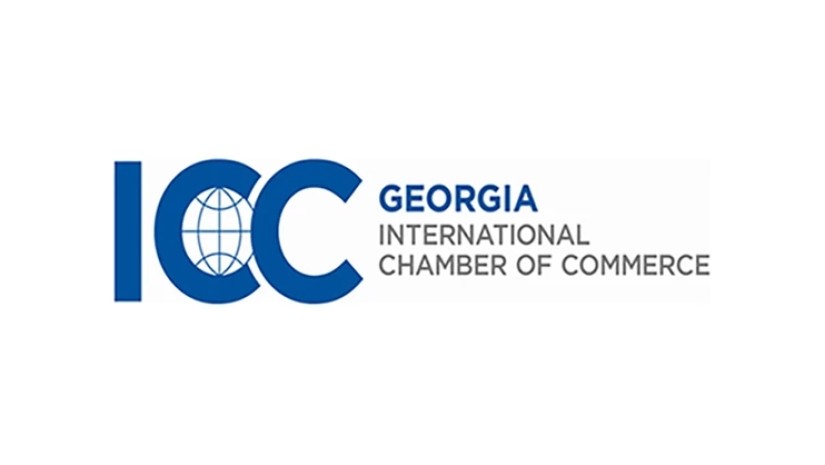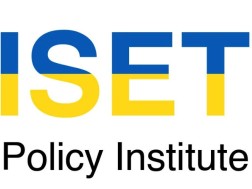The International Chamber of Commerce (ICC) responds to the adoption of the "Offshore Law" by the Georgian Parliament. According to the document, the adoption of the "Offshore Law" by the Georgian Parliament represents a precarious shift in Georgia's legislative landscape, significantly heightening the risk of the country becoming a conduit for money laundering activities, particularly for sanctioned Russian oligarchs. This move has placed Georgia in a potentially vulnerable position, exposing it to grave economic, legal, and reputational hazards.
Firstly, the negative ramifications of this law could lead to a stern evaluation from the Financial Action Task Force (FATF), possibly resulting in Georgia being placed on the "grey list." This designation would highlight strategic deficiencies in the country's anti-money laundering (AML) and counter-financing of terrorism (CFT) measures, necessitating immediate and stringent corrective actions. Such a listing would not only tarnish Georgia's international reputation but also increase the scrutiny and oversight from global financial watchdogs.
Moreover, the U.S. Treasury's potential response could be severe, encompassing sanctions and penalties on Georgian financial institutions that are perceived as facilitators of illicit financial flows. This might include significant fines or stringent restrictions that could isolate these institutions from the U.S. financial system, deeply affecting their operations and financial stability.
The law also complicates the operational aspect of financial governance within Georgia. The expected increase in transaction volume could overwhelm the existing monitoring systems, increasing the likelihood of regulatory lapses and making it challenging for financial regulators to manage and control illicit financial flows effectively. This could necessitate substantial investments in upgrading technological capabilities and expanding regulatory staff, further
straining the financial resources of the country.
In conclusion, by adopting the "Offshore Law," the Georgian Parliament has significantly increased the risk of international isolation and economic instability. This decision could deter legitimate investment and erode the trust of international financial communities and partners. It is imperative for Georgia to reconsider the broader impacts of such legislative actions and take proactive measures to mitigate these risks, safeguarding its economic future and maintaining its standing in the global financial arena.
The International Chamber of Commerce is the largest business organization in the world including over 46 million businesses and 12,000 chambers of commerce. ICC consults regularlyat the global level with the G7, G20, the World Bank, WTO, WCO and has a permanent Observer Seat at the UN.
















